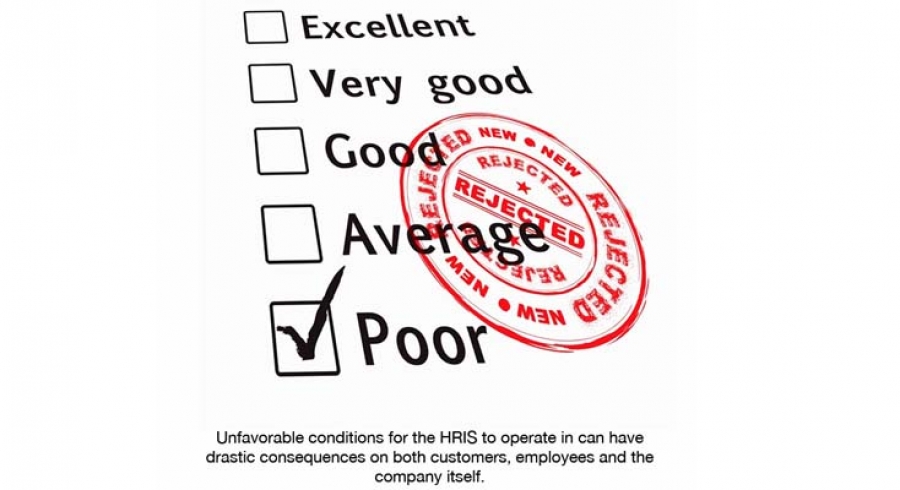
HRH in Africa: Problems Which Affect Their HRIS
With the recent growth of organisations employing HRIS technology into their organisations to manage their day-to-day as well as long term HR functions, and how these systems are used in various parts of the world are different, depending on the conditions of the country. In continents such as Africa where disease is commonplace, the dwindling nature of the health workforce is made worse by its health workforce crisis. It can be deduced that drastic improvement to the human resources for health (HRH) was required to resolve this crisis. Some of the HRH information systems in African countries are not adequately able to support the development, implementation, monitoring and evaluation of those actions. The entire system gathers information from different sources such as health facilities, regulatory bodies, health training institutions, censuses conducted and all sources of data are widely variable to be able to compile in terms of completeness, timeliness and comparability. The other key problems which affect the functional running of an HRIS are:
- Inadequacy and unstandardized indicators and tools. Sometimes the necessary forms are filled late, so most valuable information is not available immediately after the event. The systems are likely to not cover all aspects of key data required for management and planning.
- Lack of infrastructure and limited access to proper communication technology makes it a limitation for countries to collect, compile and analyse workforce data. Some HRH systems still operate on paperwork rather than computerized data. A study conducted in 2004 by the WHO Regional Office in Africa shows that around 22% of health workforce departments had no computer facilities and around 45% have no email access.
- There is a shortage of human resources for HRIS proves an issue as the task of gathering information is normally handed by health service workers who are already overburdened with their work, who consider this as unwanted, additional work for them, making them unaccountable for data collection.
- The accuracy, quantity and quality offered by the data are inefficient for planning and management purposes. Still there would be problems of using this data due to the absence of core health workforce indicators and clear occupation classifications.
To improve the HRIS conditions, attention must be given to address these issues and challenges. The infrastructures, tools and communication technology should be introduced along with skilled personnel to carry out these tasks and ensure that the data entry is up to date and accurate for decision making.
















